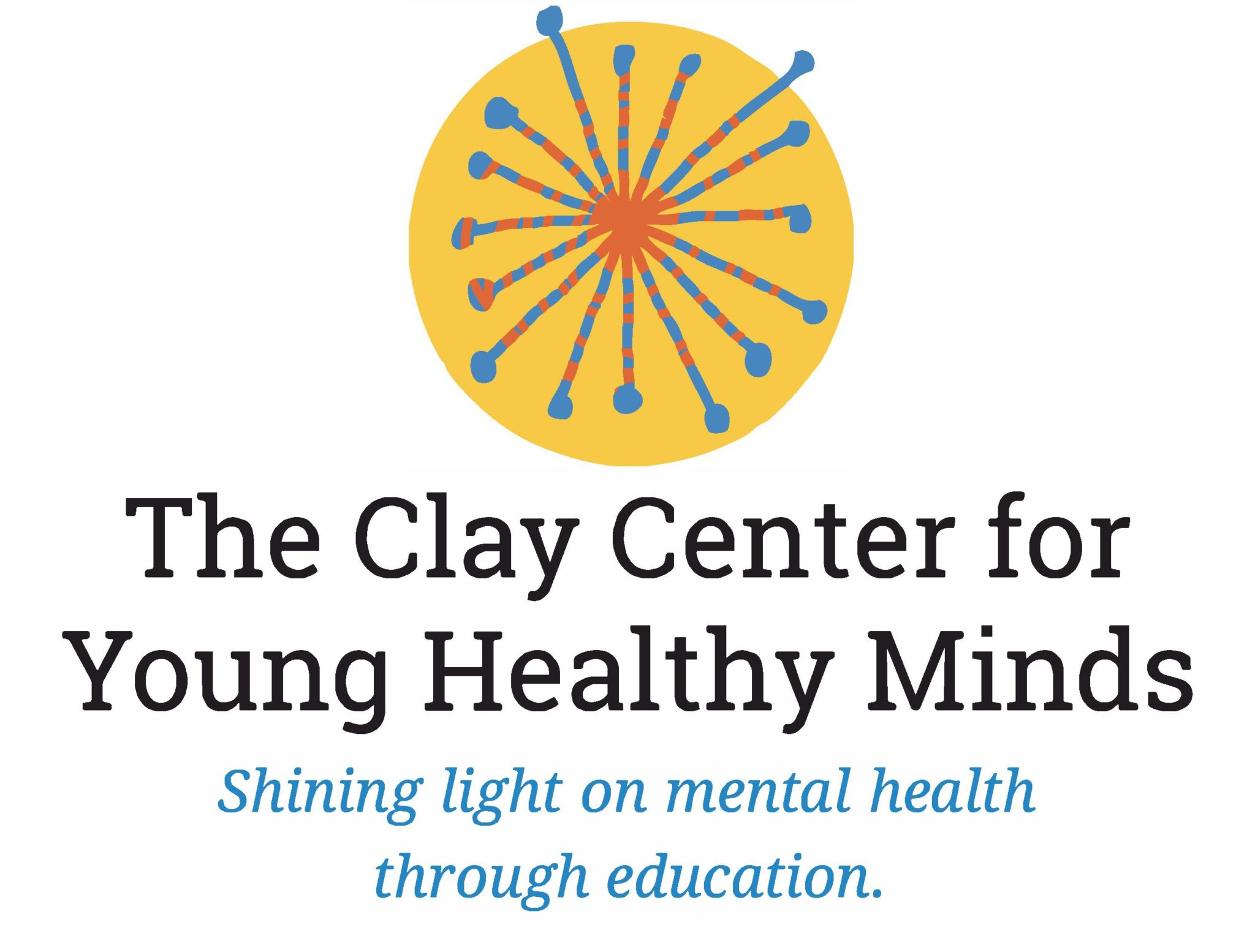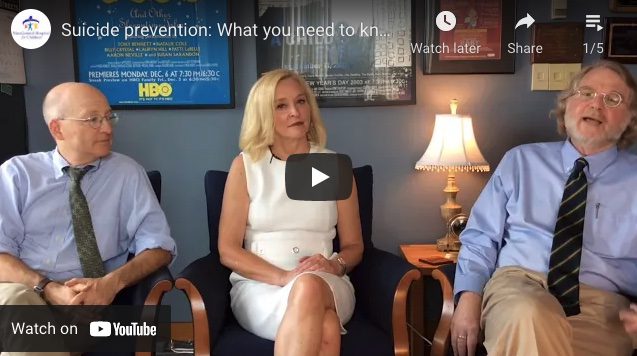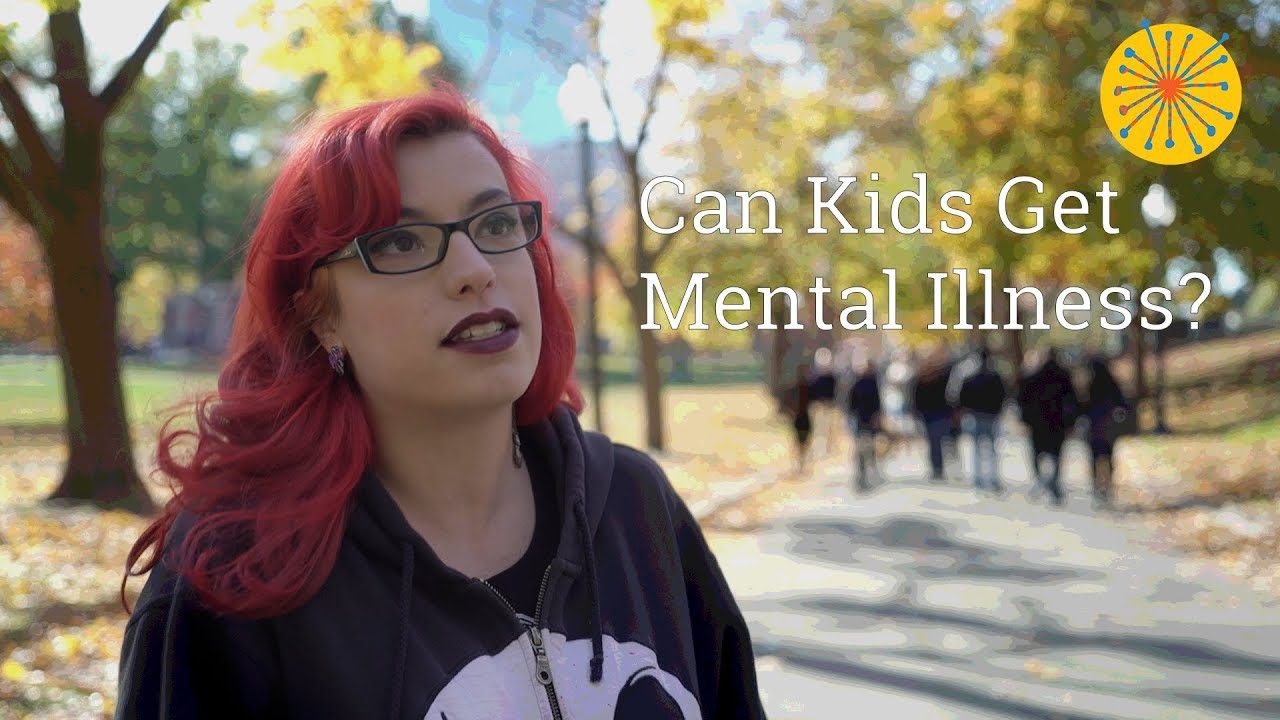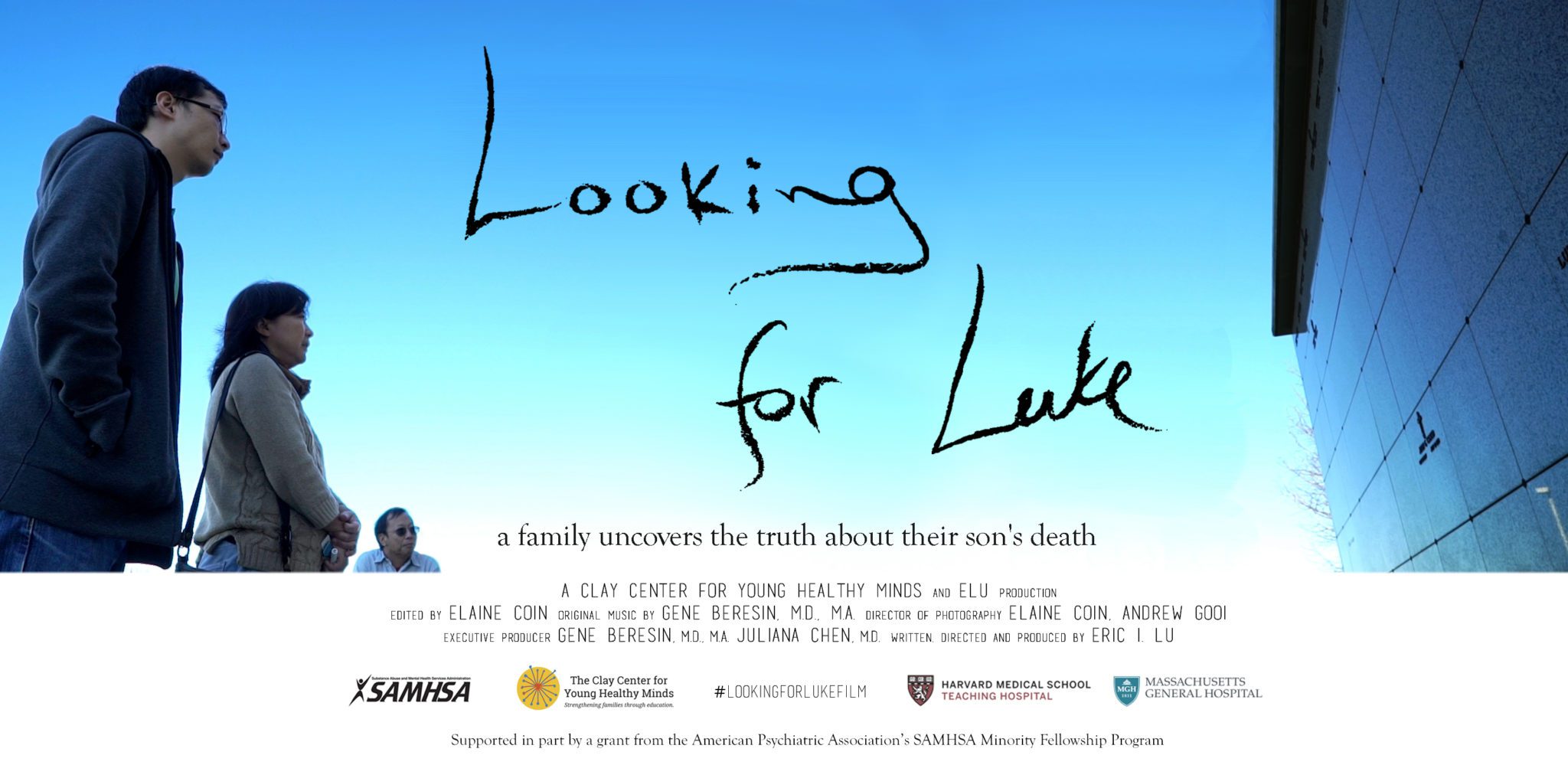Articles containing: mental illness
Cognitive Behavior Therapy (CBT): A Closer Look

Listen to our podcast episode on Cognitive Behavior Therapy, featuring Susan Sprich, PhD.
Jenny was a 15-year-old high school sophomore who had suffered from depression for six months. Her pediatrician referred her to a psychiatrist, who prescribed Prozac for her depressive symptoms.
Q+A: What Is Separation Anxiety Disorder?

Este artículo está disponible en español.
My 4-year-old was just diagnosed with Separation Anxiety Disorder. What is it?
You may already have guessed from the name of the diagnosis that separation anxiety disorder has something to do with the anxiety a child feels when separated from parents or caregivers.
What Are the Treatments for Eating Disorders?

Question: What Are the Treatments for Eating Disorders?
Because eating disorders are complex – and are caused by multiple factors – treatments need to address multiple influences.
Psychosis in Children and Teens
Let’s play a game.
I’m going to tell you about some hypothetical patients. These aren’t actual patients, but they could be. And it is that possibility that I want you to keep in mind as you try to figure out what, if anything, ails these individuals.
Patient #1.
Young Healthy Minds: Shining Light on Mental Health Through Education

Here at The Clay Center for Young Healthy Minds, we know that there just aren’t enough child psychiatrists, psychologists, social workers — anyone who helps to take care of kids — to go around. Yet there is an incredible need for resources to help support the mental, behavioral, and emotional well-being of our future generation.
What Families Should Know About Suicide

Many families are growing more concerned about suicide, especially among young people. Yet, suicide is often preventable when family members, friends, and communities learn how to recognize warning signs and connect those who are struggling with help.
Is Our Culture Skeptical of Mental Healthcare Itself?

“Dear Dr. Schlozman: This psychiatry course convinces even the biggest skeptics.”
This comment, entirely well meaning, is also deceptively profound. Whenever I sit down to discuss the variations of stigma with regard to mental health, I think first of this comment.
Can Kids Get Mental Illness?

What does the average person think about mental illness in kids? We went to the streets to ask people this very question, and their responses and stories were both enlightening and heartwarming.
The Clay Center have partnered with filmmakers Eric I.
Using the Power of Narrative to #StopSuicide

Increasing public awareness of suicide is not an easy task. To truly grapple with the issue, we have to face some difficult and painful feelings. For these reasons, when we at the Clay Center collaborated to tell the true story of a young sophomore at Harvard named Luke, who tragically took his own life, we decided to turn to film.
In Memoriam: Landon T. Clay, 1926-2017

Every year, Steve Schlozman and I travel on behalf of the Clay Center to speak with the 1,400 kids at Lake Wales High School. We really look forward to this event. As much as we enjoy our relationship with the high school students and staff, the highlight of this annual excursion is staying with the Clays at their home in Mountain Lake.



